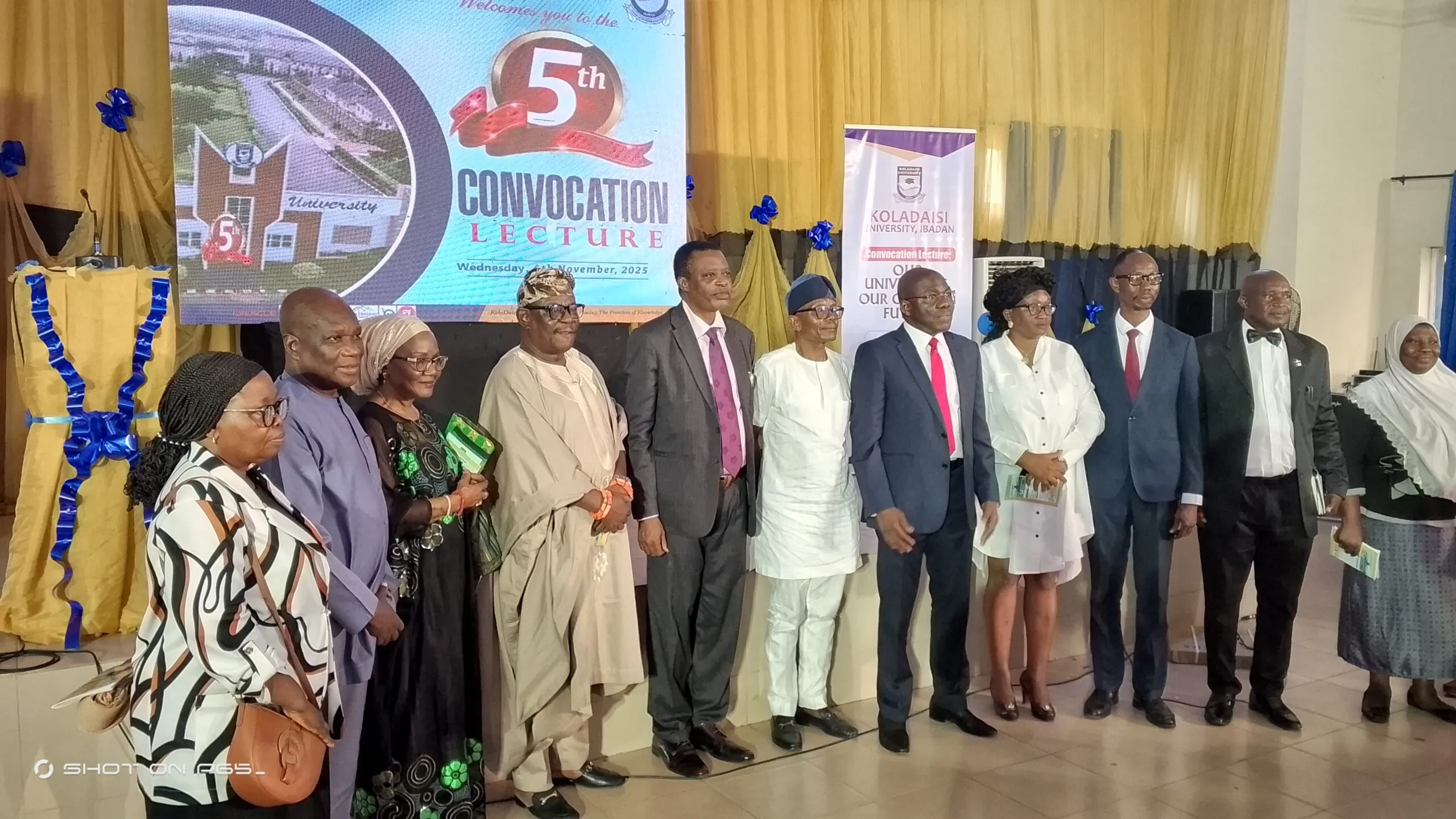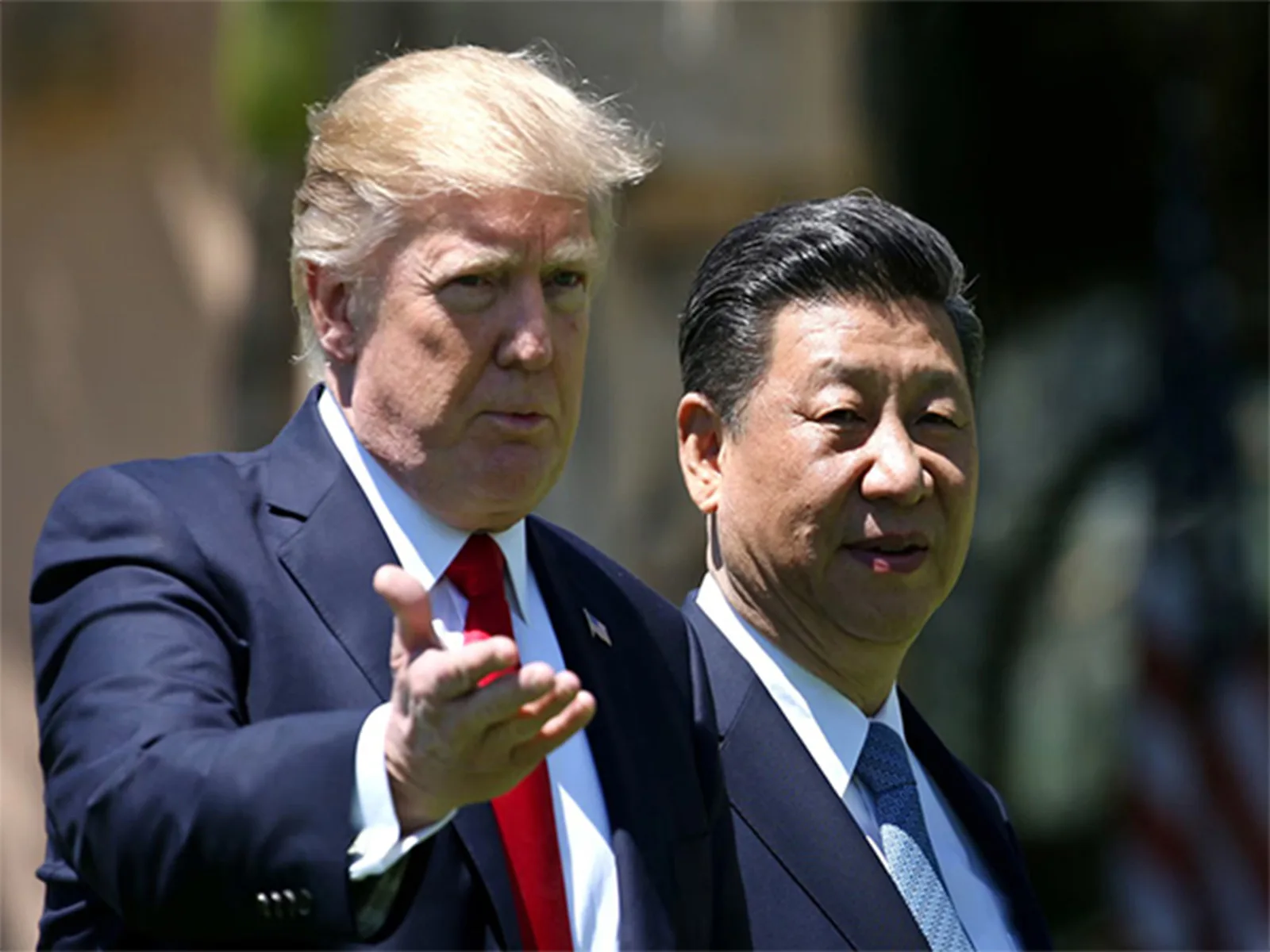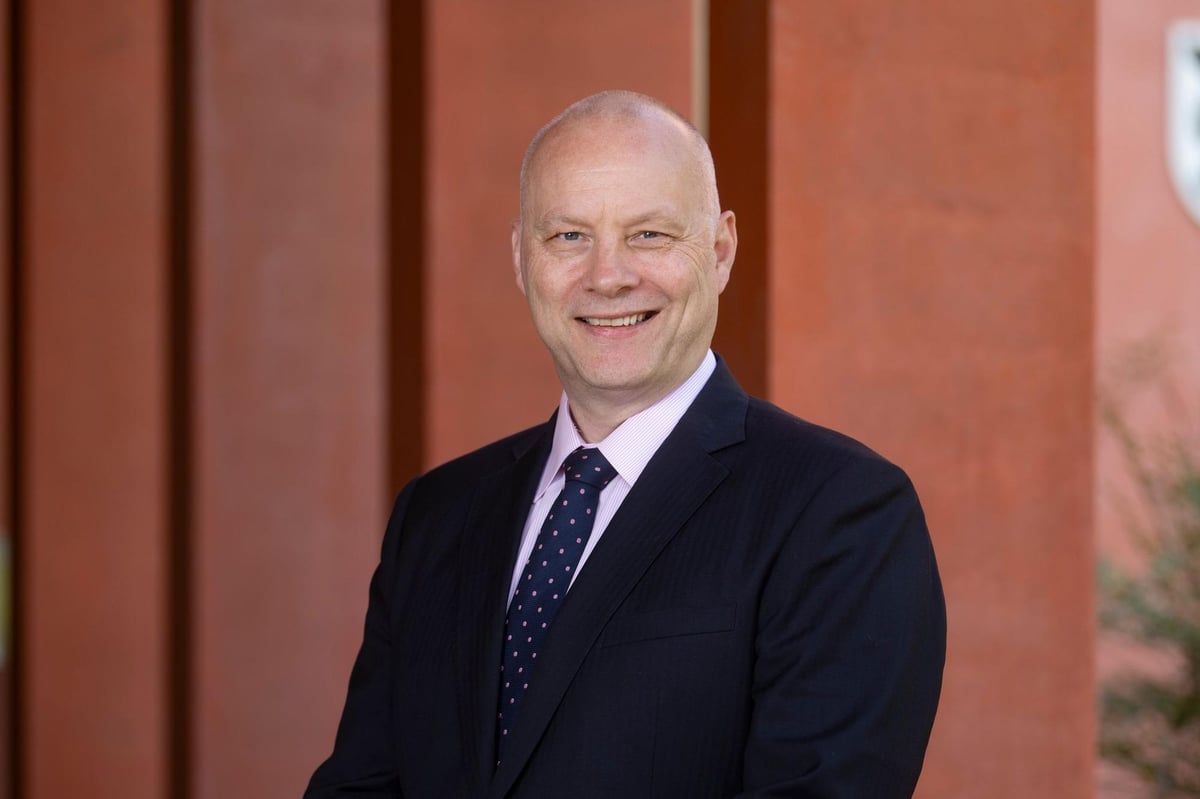Copyright tribuneonlineng

Former Vice Chancellor of Osun State University (UNIOSUN), Professor Labode Popoola, has asserted that the university system has a critical role to play as a change maker by steering the world toward sustainable development and laying the groundwork for a common future. He noted that if universities are to fulfill their essence of teaching, diffusing, and extending universal knowledge – knowledge that is discoverable and applicable to humanity everywhere and at all times, then “our future should be assured.” Professor Popoola, a scholar of Forest Economics and Sustainable Development at the University of Ibadan, stated this while delivering the convocation lecture of KolaDaisi University (KDU), Ibadan, as part of activities marking the institution’s fifth convocation ceremony. Speaking on the topic “Our Universities, Our Common Future,” he observed that “many universities have not even signed on to the issues of sustainable development, even five years to the end of this phase of the global agenda.” According to him, “some professors in our clime do not even understand the concept, nor do they have interest in it. These are issues that must be addressed if we desire a sustainable common future.” He emphasised that university governance is not a tea party or “a job for the boys,” stressing that university governing councils should be populated by the crème de la crème of society and academia. “The appointment to governing councils or boards of tertiary institutions should be based purely on merit. People with a deep understanding of how good tertiary institutions are run should be considered for appointments,” he said. Popoola cautioned against politicising the office of the Vice Chancellor, describing the position as primus inter pares (first among equals) in the university system. He said the office holder must be “exposed, resourceful, incorruptible, and courageous enough to resist temptations from both internal and external influences detrimental to the university’s vision and mission.” The Executive Secretary and Chief Executive Officer of the African Forest Forum, Kenya, also decried the rising tide of corruption and inefficiency in the university system. “For universities to be sustainable and become drivers of our common future, corruption must be reduced to the barest minimum, if it cannot be completely eradicated. I have always wondered why a Vice Chancellor or any officer entrusted with public funds should abuse that privilege. Universities should be seen as bastions of resource-use efficiency, as we can never have enough to satisfy the system’s increasing demands,” he said. For universities to become catalysts for change, he called for collaboration, transformational development research, and meaningful partnerships. He also emphasized the importance of mentoring the next generation of change makers, noting that “the university system, being perpetual, can only thrive with sustainable mentorship and succession planning schemes to tackle the ever-evolving global changes.” “The academia, as a moulder of a sustainable common future, is a bridge between citizens and government. We need to use our vantage position to complement government efforts, influence policies, and contribute positively to development debates,” he added. Professor Popoola challenged private universities, especially KolaDaisi University, to take the lead in contributing to a sustainable common future. “I challenge our private universities, which now outnumber public ones, to pick up the gauntlet and challenge the status quo. The encumbrances slowing progress in public universities are not as pronounced in private ones. The time is now to lead the way. It has happened elsewhere; it can also happen here,” he declared. He stressed that progress is only guaranteed when universities accept their role as change makers and adopt an ecosystem approach to addressing sustainable development issues. Professor Popoola commended the founder of KolaDaisi University, Bashorun Kola Daisi, describing him as a visionary. “Founding a university at his age is not a business venture but an opportunity to inculcate in young men and women the values and virtues that will enable them to birth the Nigeria of our dreams,” he said. Congratulating the graduands and their parents on attaining this significant milestone, he urged them to choose godliness, not religiosity; seek mentorship and grow progressively. “Learn to crawl, walk, and then run. Please, be counted in Nigeria’s journey to greatness,” he admonished. ALSO READ TOP STORIES FROM NIGERIAN TRIBUNE



